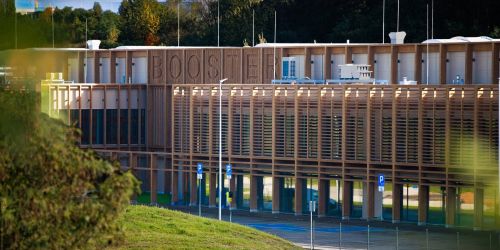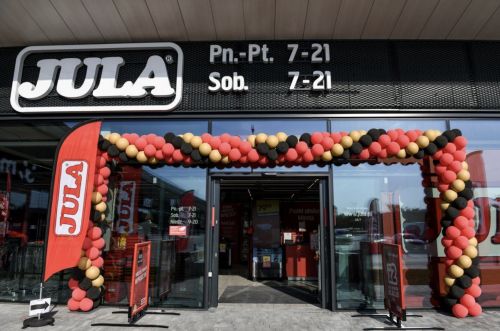The mood on the world’s stock markets has been glum, to say the least. Indices are falling and have lost ground since the beginning of the year. The S&P 500 in the US has lost almost 20 pct since January 1st, while the Dow Jones industrial index has lost 14 pct. The Nasdaq technology index has fared even worse, falling 27 pct since January. Investors fear a recession and also high inflation, which will force the central bank to act and tighten the money supply. China’s stock exchanges have suffered double-digit falls as its economy reels from the imposition of further coronavirus lockdowns. The mood in Europe is only a little better. It seems that the gloomy forecasts of a deep recession induced by Europe’s attempts to free itself of its dependence on Russian gas (which as well as rising prices could also mean limited supply and reduced economic activity) is not actually the main worry at the moment – at least not until the autumn. The European Commission ha

























































